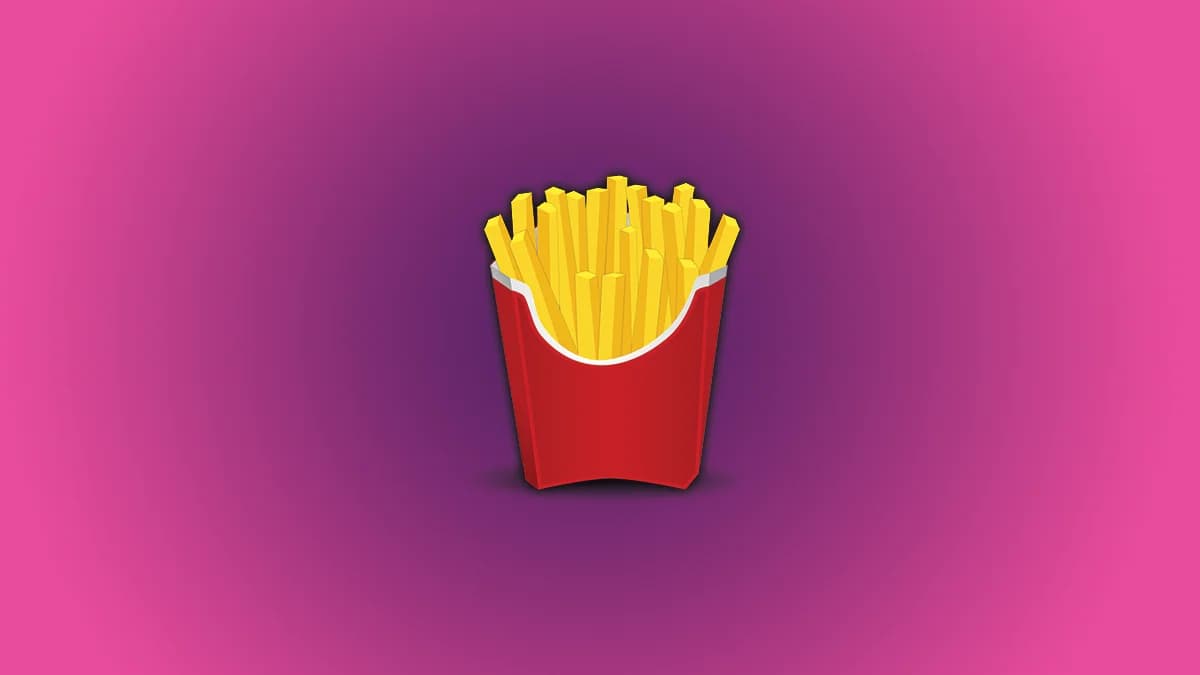Detecting Eating Disorders
15. november 2024 kl. 08:31 · 6 minutter å lese

Could you detect the early signs of possible eating problems and disorders amongst friends and family?
Eating disorders can be looked at as complex medical and psychiatric illnesses which affect relationships, productivity and overall health. The most common features of eating disorders become visible when someone is constantly fixated around food, body image and weight. Behaviours related to eating disorders can also have negative effects on both physical and psychological well-being. Lack of treatment for eating disorders can have drastic effects on patients’ lives and in some cases even fatal medical complications. In order to prevent eating disorders, it is important to learn more about common eating issues, which may help others see the warning signs and enable the delivery of help and treatment early.
Many of us have experienced a situation of concern for either family members or friends. How well-founded these concerns are, and how worried we should be is often hard for the layperson to determine. Thus, it may be hard for the individual to knowingly identify if someone has a problem related to eating.
Spotting the symptoms of an eating problem is naturally not the same as handing out a diagnosis, hence the latter should be left to a professional psychologist or psychiatrist, either online or through traditional means. However, learning how to spot possible symptoms during an early phase might lead to a better chance of raising a concern with the person. As a result, that person might get the right help that they need.
Here are a few things you can look out for:
Unfamiliar food behaviour
Does someone you care for avoid social gatherings where food is consumed? Is it common for your friend to eat alone or make excuses as a way to avoid settings where food is served?
Unusually strong emotions revolving food consumption
Does your friend rate the quality of their day and its successfulness based on their food intake? Are they worried or guilty before/after eating? Having such concerns, might lead to comments such as: “I should not have eaten that” or “How many calories do you think that meal was”?
Overeating
Is it common for your friend to eat unusually large amounts of food at once? Does your friend continue eating despite being full or not even hungry? If so, do they continue eating until they are uncomfortably full?
Physical aspects
A rapid change in weight & shape: Additionally, you should also look for changes in mood and energy, such as whether your friend appears more depressed, anxious, irritable or fatigued compared to normal.
Some people only experience these types of behaviours or symptoms over a relatively short period of time and they can sometimes go away without any intervention. For others, it can develop into a more severe eating disorder such as Anorexia, Bulimia and Binge Eating Disorder.
If you identify early signs of eating issues with someone you are close to, you should be considerate as to how you raise the problem. When raising the issue, you should always be careful and delicate, showing genuine interest, and care in your support.